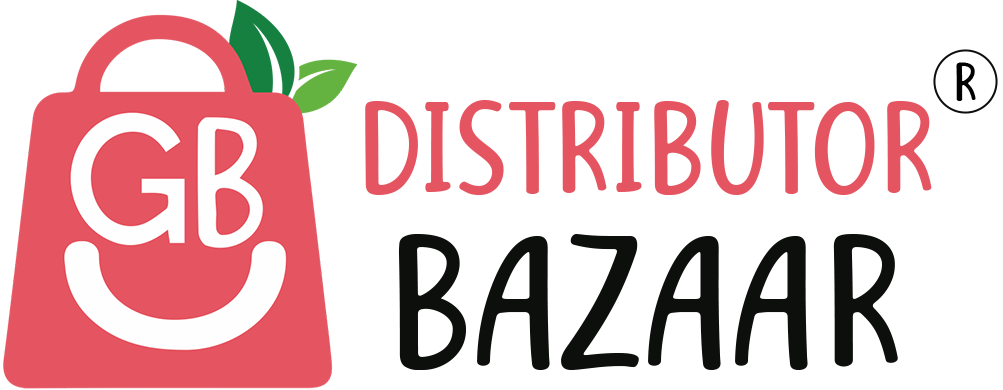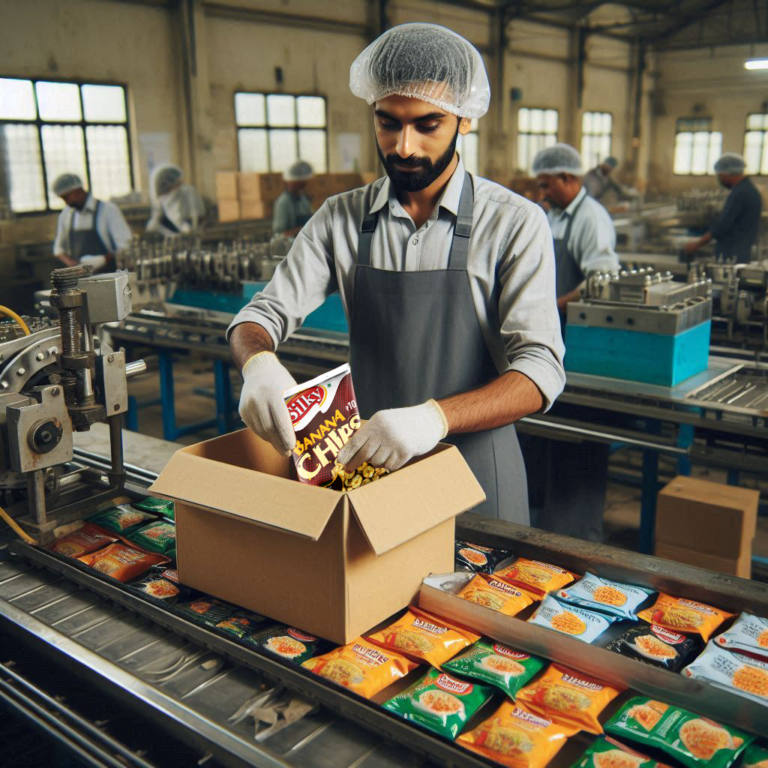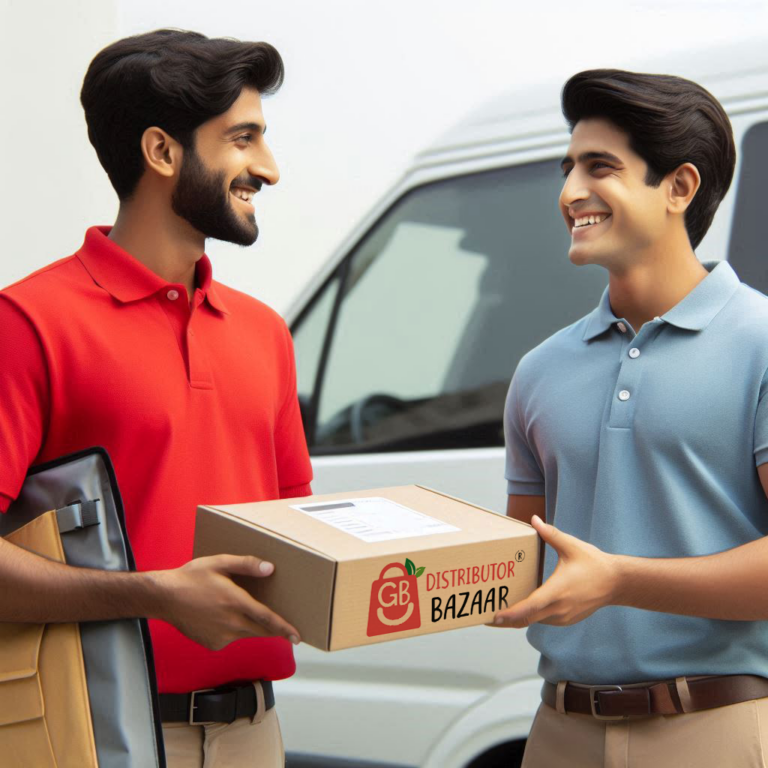In the fast-paced world of Fast-Moving Consumer Goods (FMCG), efficient distribution channels in FMCG are the backbone of success. Whether you’re a manufacturer, distributor, or retailer, understanding how products move from production lines to consumers’ hands is essential. In this article, we’ll delve deep into the distribution channel in FMCG, exploring its importance, structure, challenges, and trends shaping its future.
What is a Distribution Channel in FMCG?
A distribution channel in FMCG refers to the network or pathway through which goods move from the producer to the consumer. In the FMCG sector, where products are sold in large quantities and frequently replenished, these channels play a crucial role in ensuring availability at the right place, time, and cost.
Key Components of FMCG Distribution Channels
- Manufacturers: Producers of goods such as food, beverages, and personal care products.
- Distributors/Wholesalers: Intermediaries who purchase bulk products and distribute them to retailers.
- Retailers: Stores or online platforms where consumers purchase the products.
- Consumers: The end users who buy and use the products.
Importance of Distribution Channels in FMCG
1. Ensures Product Availability
FMCG products are often daily essentials like snacks, beverages, and hygiene items. An efficient distribution channel in FMCG ensures these items are available at every consumer touchpoint, from supermarkets to local kirana stores.
2. Cost Efficiency
By optimizing transportation, warehousing, and delivery, distribution channels in FMCG minimize the cost of bringing products to the market, which is vital in a price-sensitive FMCG market.
3. Market Penetration
Distribution channels in FMCG allow brands to reach even the most remote areas. This widespread reach helps in brand building and meeting the needs of diverse consumer bases.
4. Enhanced Customer Satisfaction
A well-structured distribution channel in FMCG ensures products are fresh, available in desired quantities, and accessible, boosting customer loyalty.
Types of Distribution Channels in FMCG
1. Direct Distribution
Manufacturers deliver goods directly to retailers or consumers without intermediaries. This method is common for high-value or niche FMCG products.
Advantages:
- Greater control over the supply chain.
- Faster delivery and response to market changes.
Challenges:
- High operational costs.
- Requires significant infrastructure investment.
2. Indirect Distribution
This is the most prevalent method in FMCG, involving intermediaries like wholesalers and distributors.
Advantages:
- Reduces operational complexity for manufacturers.
- Distributors manage logistics, storage, and retailer relationships.
Challenges:
- Manufacturers have less control over the supply chain.
- Risk of delays or inefficiencies from intermediaries.
3. Hybrid Distribution
A mix of direct and indirect distribution, this model combines the strengths of both methods. For example, a brand may use distributors for rural areas but handle urban distribution directly.
Challenges in FMCG Distribution Channels
1. Infrastructure Issues
Poor road connectivity and inadequate warehousing facilities in rural areas can disrupt supply chains in distribution channels in FMCG.
2. Demand Volatility
FMCG products often face fluctuating demand, requiring distributors to adapt quickly to avoid stockouts or overstocking.
3. Competition
The FMCG market is fiercely competitive. A slow or inefficient distribution channel in FMCG can result in losing shelf space to competitors.
4. Technology Integration
Many traditional distributors still rely on manual processes, making it challenging to integrate technology-driven supply chain solutions in distribution channels in FMCG.
Emerging Trends in FMCG Distribution
1. E-Commerce Integration
The rise of online shopping platforms has transformed distribution channels in FMCG. Brands are increasingly collaborating with e-commerce giants like Amazon and Flipkart for direct-to-consumer delivery.
2. Last-Mile Delivery Innovations
To cater to urban consumers, brands are investing in last-mile delivery solutions like bike couriers and hyperlocal apps.
3. AI and Data Analytics
Predictive analytics helps distributors forecast demand, optimize routes, and reduce wastage in distribution channels in FMCG.
4. Sustainability
Eco-friendly packaging and energy-efficient transportation methods are becoming key focuses in distribution channels in FMCG supply chains.
Best Practices for an Effective FMCG Distribution Channel
- Build Strong Relationships with Distributors Offer training, support, and incentives to distributors to ensure they align with your brand’s goals.
- Leverage Technology Adopt tools like ERP systems and real-time tracking to streamline operations and enhance transparency in distribution channels in FMCG.
- Focus on Rural Markets As urban areas become saturated, rural markets offer significant growth opportunities. Invest in infrastructure and partnerships to penetrate these areas.
- Monitor Performance Regularly evaluate the efficiency of your distribution channel in FMCG using KPIs like delivery time, cost per unit, and stock turnover rate.
- Adapt to Consumer Preferences Stay agile and adjust your distribution strategy based on changing consumer buying habits, such as the shift towards online shopping.
How Distributor Bazaar Simplifies FMCG Distribution
At Distributor Bazaar, we understand the complexities of distribution channels in FMCG. Our platform connects manufacturers, distributors, and retailers, providing a seamless way to expand your network and boost sales.
Why Choose Us?
- Access to a vast network of FMCG distributors across India.
- Insights into market trends and consumer demand.
- Tools to optimize your supply chain and increase efficiency.
Whether you’re a brand looking to enter new markets or a distributor seeking reliable suppliers, Distributor Bazaar is your one-stop solution for all FMCG distribution needs.
Conclusion
A robust distribution channel in FMCG is not just about moving products; it’s about building a system that ensures efficiency, affordability, and customer satisfaction. By understanding the nuances of distribution networks and leveraging emerging technologies, businesses can stay ahead in this competitive market.
Distributor Bazaar is committed to empowering FMCG businesses by providing the tools and connections needed for a thriving distribution network. Ready to take your FMCG distribution to the next level? Explore our platform today!
FOLLOW US





Pingback: Online Distribution Business - DistributorBazaar